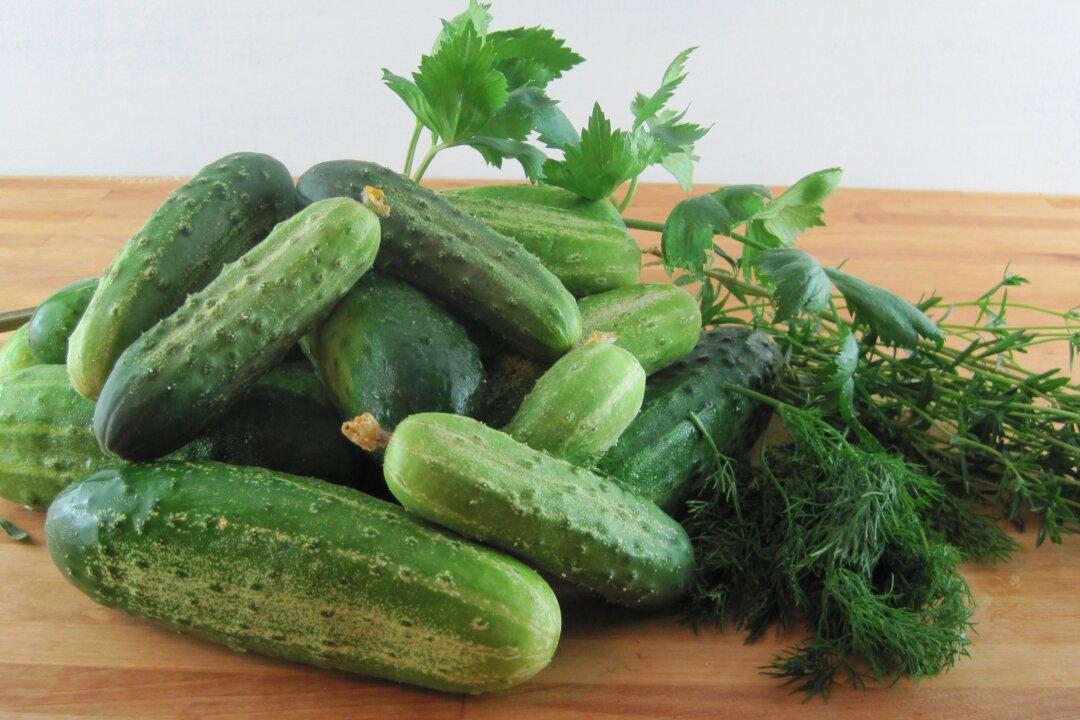Commentary
Oscar Wilde’s play “The Importance of Being Earnest” opens with two young men of leisure, one named Jack and the other Algernon, preparing to have lunch with visiting society fixture Lady Augusta Bracknell, a paragon of Victorian standards of etiquette and excellence.





